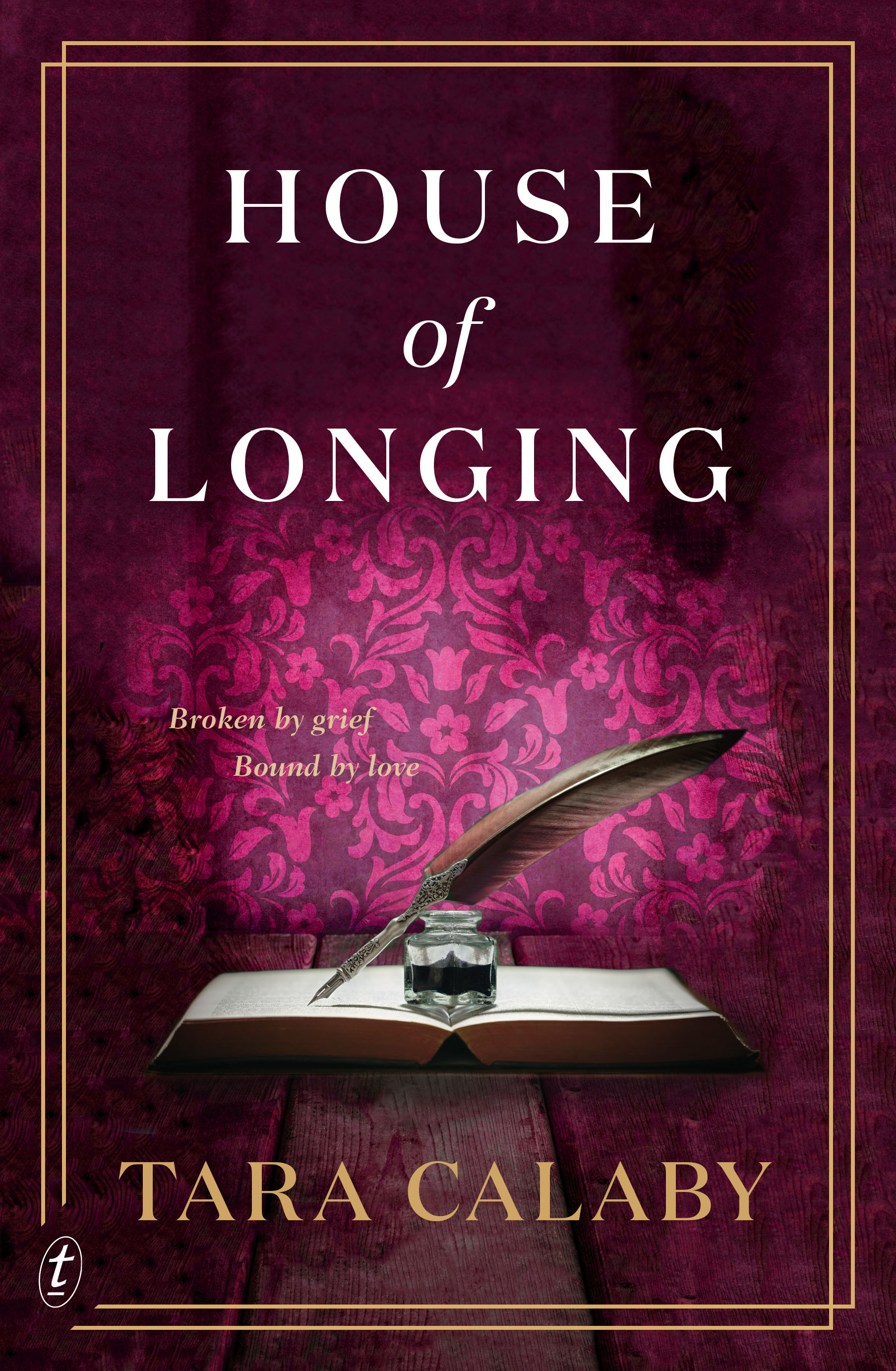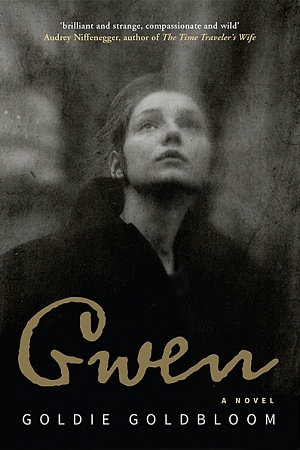House of Longing
Text Publishing, $32.99 pb, 416 pp
Paths forward
Tara Calaby’s début novel, based on her doctoral studies, wears its clearly extensive research lightly as it weaves an engrossing story of a young woman’s struggle in 1890s Melbourne towards something a contemporary reader might call social, emotional, and sexual independence. Focused around the story of an individual, House of Longing also traverses a broad canvas of social issues – class, gender roles, attitudes to mental health and its treatment, the importance of friendship, and the possibilities of sexual love between women.
Charlotte Ross is a seemingly unlikely champion of such a paradigm shift. Unassuming, she is initially happy to live quietly with her father and to work in his stationery shop in Elizabeth Street. Her aspiration is to avoid marriage and to continue with the satisfactions of work under the auspices of a loving father. However, two cataclysmic events occur that disrupt the easy opportunities of that path: first, she makes an intense attachment with her friend Flora and is immediately catapulted into the intoxication of that attraction and its confronting implications; and second, she finds herself abruptly without the structure of support, her future bleak and uncertain.
Continue reading for only $10 per month. Subscribe and gain full access to Australian Book Review. Already a subscriber? Sign in. If you need assistance, feel free to contact us.











Leave a comment
If you are an ABR subscriber, you will need to sign in to post a comment.
If you have forgotten your sign in details, or if you receive an error message when trying to submit your comment, please email your comment (and the name of the article to which it relates) to ABR Comments. We will review your comment and, subject to approval, we will post it under your name.
Please note that all comments must be approved by ABR and comply with our Terms & Conditions.